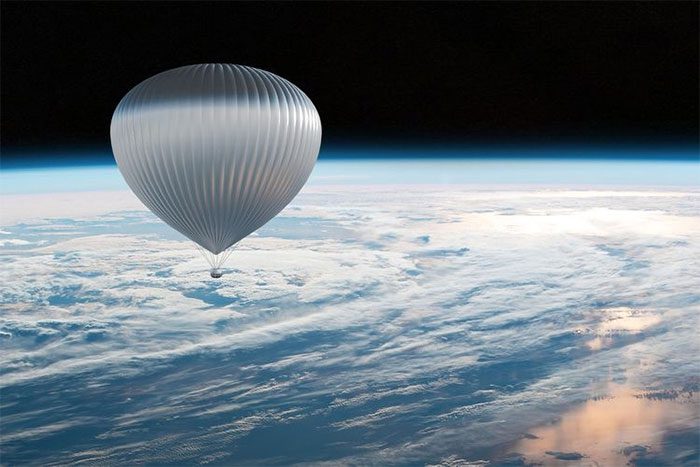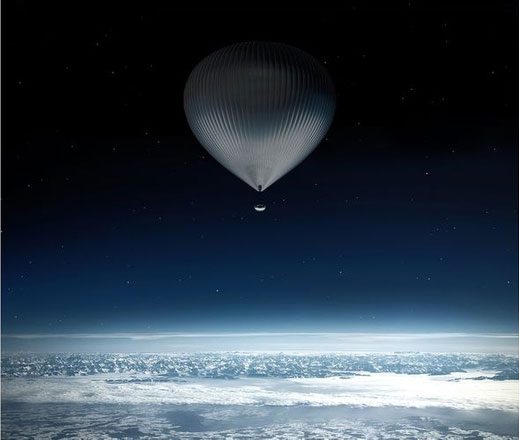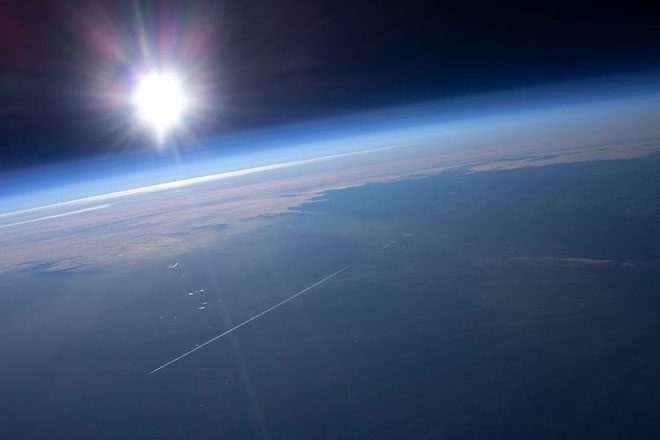A French Space Company Aims to Take Tourists to the Stratosphere with Low-Carbon Balloons.

French balloon takes tourists beyond Earth. (Photo: Courtesy of Zephalto).
According to Bloomberg, the French space company Zephalto plans to operate 60 flights per year, each carrying 6 passengers into the stratosphere. Each trip will last 6 hours, with the first launch scheduled for 2025.
Ticket prices start at €120,000 (approximately $132,000) per passenger. For this investment, travelers will not only experience a unique journey but also enjoy fine food and drinks.
Vincent Farret d’Astiès, the founder of Zephalto, stated: “We are collaborating with the French space agency to jointly develop this balloon model.”
Initially, the balloon will ascend for about 90 minutes, accelerating at a rate of 4 m/s. Passengers will have the opportunity to gaze upon and enjoy the view at an altitude of 25 km for 3 hours before returning to Earth. All flights will depart from France.

The balloon will fly for 6 hours at $132,000 per person. (Photo: Courtesy of Zephalto).
Farret d’Astiès shared with Bloomberg: “We chose the altitude of 25 km because this area is immersed in darkness with 98% of the atmosphere below. Therefore, you can see the curvature of the Earth along the blue line. Even in the darkness of space, passengers still experience gravity from Earth.”
These stratospheric balloons are also referred to as “the most primitive spacecraft of the 21st century” as they only produce 26.6 kg of carbon dioxide.
Zephalto is not the only company offering space tourism. Another company, Space Perspective, also plans to take tourists to see the stars using a carbon-neutral capsule design with a 360-degree view in 2024.

Passengers will ascend to an altitude of 25 km. (Photo: Courtesy of Zephalto).
Additionally, companies like Jeff Bezos’s Blue Origin and Richard Branson’s Virgin Galactic have already taken passengers to space. Those who wish to stay in space longer may have the opportunity to overnight at the Voyager station of Orbital Assembly, which is expected to launch in 2030.


















































